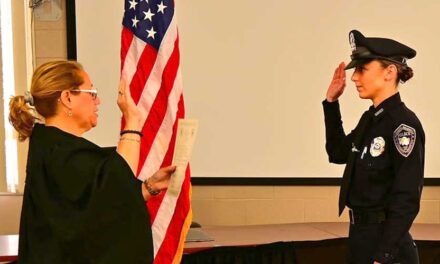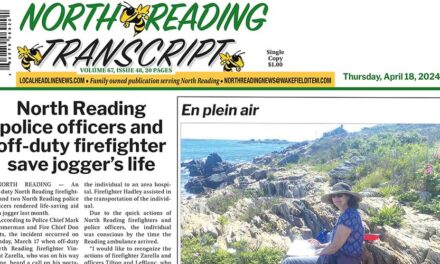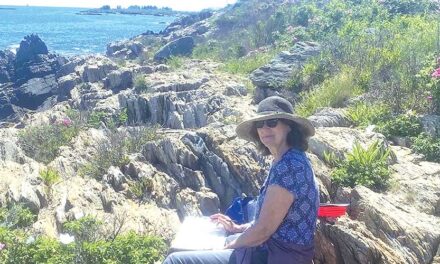Published in the May 4, 2017 edition
By BILL LAFORME
NORTH READING – The pending sale of the Berry Property and the considerable revenue that will come with it have generated a fair amount of conversation in town about what could be done with that money.
With that in mind, town resident and 2016 selectman candidate Richard Wallner is the leader of a group called ACT (Advocates for Adults, Community and Team), which emphasizes tax and quality of life issues in North Reading – especially for empty nester-aged residents who may be starting to approach their retirement years or are already there. Wallner, a financial advisor by trade who serves on the board of the town’s Council on Aging as well as on the Community Impact Team, spoke at a selectman’s meeting last month, noting that the town has “a variety of big ticket needs that may affect our property taxes.” Those needs were a fire department renovation or replacement, a new town hall, affordable housing, an intergenerational community center, and a new “Main Street” around the Route 28 and 62 intersections. He also noted that over a quarter of the town’s population is over the age of 60, and that many members of that demographic could decide to leave town if their property taxes get too high. “This is not how you build a great community,” said Wallner. “If you don’t embrace (the community), you’re going to lose it.”
In a conversation this week with the Transcript, Wallner suggested that all of the proposed projects for the town need “a day of vetting” where residents and town officials could discuss the town’s most pressing needs and lay out fiscally sensible policies on how to pursue them. Wallner cited a proposed $75,000 feasibility study for a new fire station that is likely to come up at the October Town Meeting, after having initially been set for the June one. Instead of pursuing it now with $75,000, Wallner said the town should know exactly what it’s looking for before bringing in the consultants. He cited the separate ongoing matter of adding bathrooms to Arthur Kenney Field and the money that has been spent up to this point on design and other aspects, without much more to show for it. The state-mandated project to install a handful of public toilets at the school field could potentially come out around “$60,000 per potty,” said Wallner, calling that sum “a lot of money per seat.”
Wallner also said that his citizens group is not opposing any specific proposals for the town, but merely wants to see actions that make sense for it, while also maintaining transparency and fiscal balance.
Looking ahead to some of the previously mentioned priorities, Wallner said that the area around Stop and Shop could be a good location for a future community center, and he cited the L.I.F.E. senior affordable housing program in neighboring Lynnfield as something North Reading should examine as a way to help keep more seniors in town. A future community center could also be potentially designed as part of a new town hall, said Wallner, citing another way in which the various town priorities can be joined more efficiently. Another idea for the town to pursue could be bike paths connecting its well-traveled areas to other towns such as Lynnfield.
Ultimately, said Wallner, with careful planning the town could redevelop Route 28 and bring in new business and community opportunities that would further be bolstered by new affordable housing in the area. “You could really bring all this together,” he said.
Last week at the selectmen’s meeting, Wallner wrapped with suggestions that residents should be surveyed about large town projects before town meeting instead of during it, and that the various stakeholders in the projects should come together to present and discuss their proposals in an open and transparent forum. Wallner also noted in his remarks to selectmen that to further aid the town’s planning, he supports an update to the master plan which would likely be completed next year and which would potentially get funded at the June Town Meeting. He also suggested that town officials should “really dig into” the state Metropolitan Area Planning Council study on a potential new Main Street to find ways where the town’s various objectives can be incorporated. “Who else gets to build their downtown?” said Wallner. “We can create our future.”




